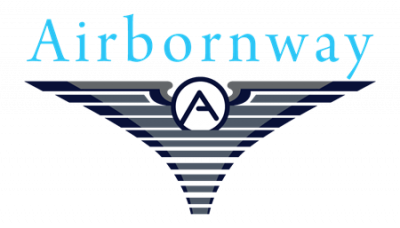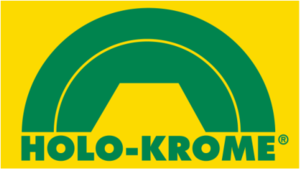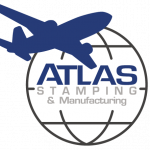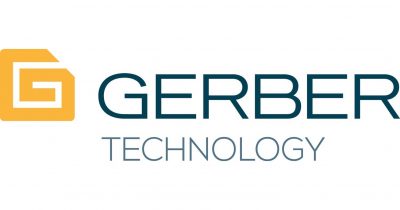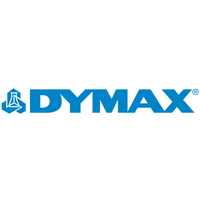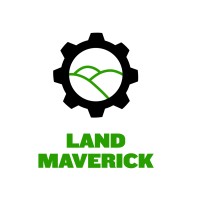Senior Design Courses
Senior Design is a two-semester series of courses (MEM 4971W and MEM 4972W) that must be completed in a single academic year (fall and subsequent spring semester). It should be completed your final full academic year at the University of Connecticut, although not always your final semester, as is the case with our August or December graduating seniors. It is strongly encouraged that students have completed OPIM 3603 – Principles of Project Management prior to taking the first semester of Senior Design.
MEM students in Senior Design are placed on teams of 3-5 students and are sponsored by a company who also assigns a project which the students must complete. Students are assigned a real task, working with a real company to solve a real-world issue. This is a great opportunity for MEM students to apply their four years of education into a singular capstone project. Every project is different, but students will each be challenged with certain elements that span both business and engineering capacities.
At the end of the year, when each project is complete, there is a competition at what is known as Senior Design Demo Day. The teams present their project, and share the outcomes, analyses, and even their process to getting to the final. A selection of faculty come together as judges for the presentations and awards are given to each team.
Senior Design is a requirement in order to graduate successfully from the College of Engineering, as well as for our accreditation in Engineering (ABET). It is a nation-wide program that all students graduating with engineering degrees must complete.


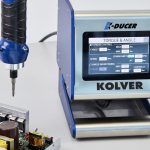
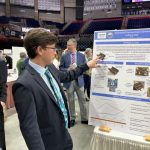
Past Projects
- Robotic Process Automation
- Output Improvement of Screw Assembly Process
- Sustainable Sanitation Initiative for Workforce Efficiency
- Improving Furnace Maintenance Procedures and Eliminating Risk of Fall-Related Injury
- Cost Savings through Eco-Friendly Heat Transfer
- Spring Fatigue Test Stand
- Enhancing Manufacturing Processes to Increase Productivity
- Lyman Orchards Future Facility Design
- Expulsion of Small Diameter Devices from Torpedo Tube Cartridges
- Analyzing Digital Outputs of Ultra-Low Freezer
- Reduction in Ergonomic Risk Factors
- Design and Validation of Wearable Hydration Sensor
- Non-Contact Testbed for Railroad Application
- Understanding the Capabilities of IoT in Manufacturing
- Automated Instant Measurement System
- Competitor Analysis of UV Light Curing Machines
- Robot Feeding System Implementation
- Optimized Post Processing Treatment of Additively Manufactured AISi10Mg
- Courier Software Efficient Use
- Clamp Fixture Improvement for 5-Axis Machining
- Design of Rack-Based Li-Ion Battery Module for Grid Storage Application
- Integrated Workbench Implementation in Sub-Assembly
- Manufacturing Blank Production Improvement Project
- Bio-Inspired Navigation Device for the Visually Impaired
- Fire Suppression Tank Autonomous Weight Detection Sensor System
- Cell Redesign for Bolt Rework Process
- Spreader Capacity Analysis
- Improved Ultrasonic Wire Splicer
- Value Stream Mapping
- Army Ant Emulation
- Electric Formula Car: Manufacturing and Documentation of Car and Suspension Uprights
- VNA Material Movement Analysis
- Smart Automatic Candle Extinguisher
- Cost-Risk Analysis for Nano-coating Process of Electrolyzers
- IoT for Predictive Maintenance
- Electrically Actuated Valve
- Advanced Composite Manufacturing Process
- Assembly Process Improvement with Cobot
- Autonomous Robot Docking Station
- Distributed Hydroponic Farming
- Single Use Personal Sanitary Barrier
- Process Improvement for Research Lab’s Data Management for Thermal Barrier Coating
- Creating Manufacturing Agility
- Industrial IoT
- Universal Solution to Glove Waste
Past Sponsors

